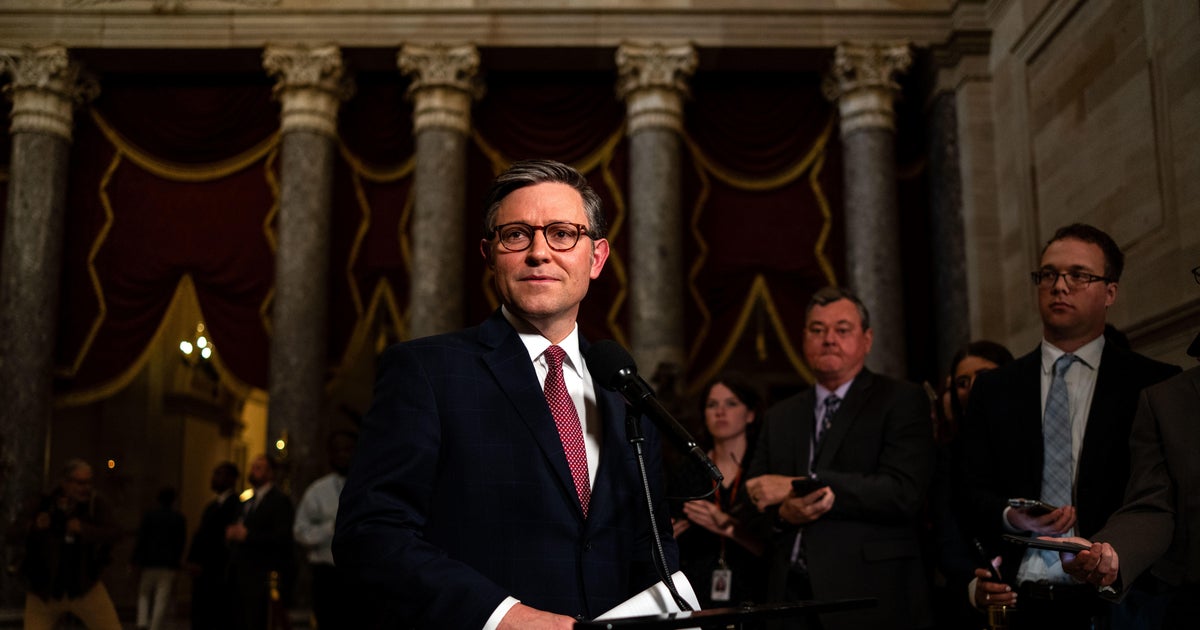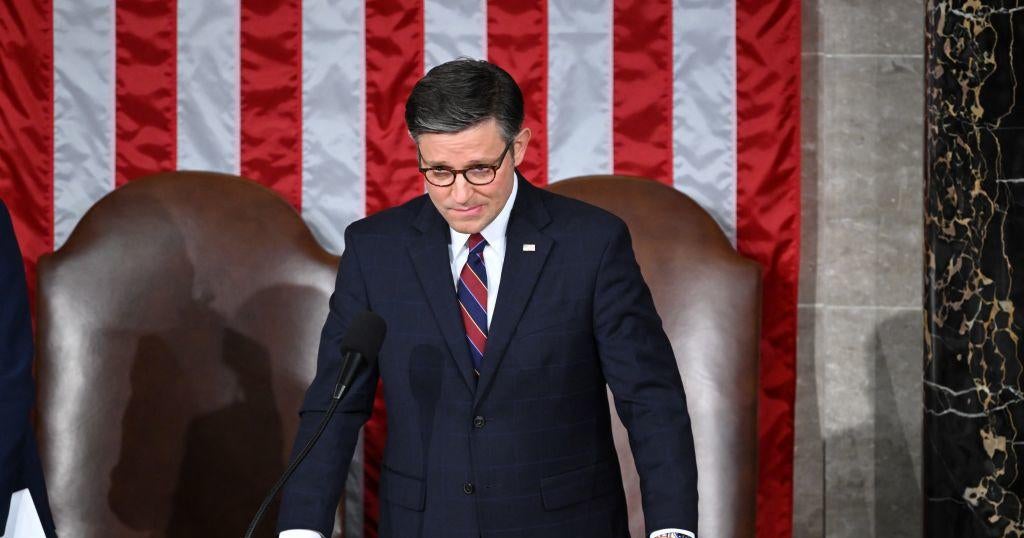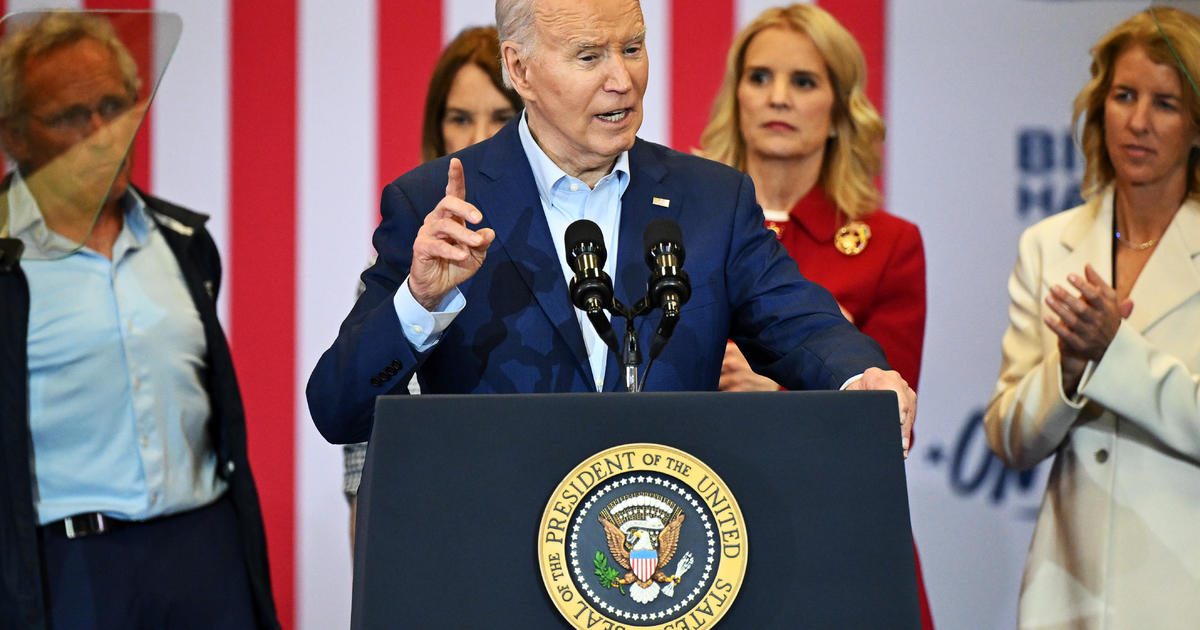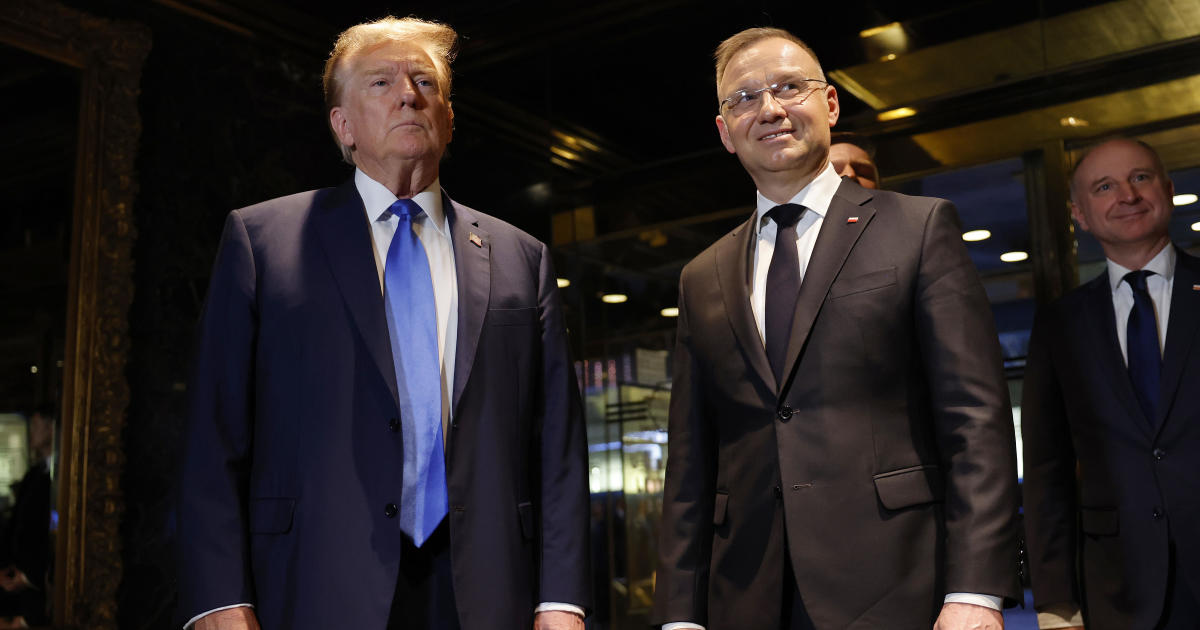Durbin calls on Chief Justice Roberts to testify about ethics rules to Senate Judiciary Committee
Washington — Democratic Sen. Dick Durbin, who helms the Senate Judiciary Committee, requested Chief Justice John Roberts appear before the panel on May 2 to answer questions about ethics rules governing the Supreme Court and potential reforms following a series of revelations about Justice Clarence Thomas' close ties to a billionaire Republican donor.
In a letter to Roberts on Thursday, Durbin invited the chief justice or "another justice whom you designate" to testify before the committee at a public hearing on the ethics rules. The Illinois Democrat said the scope of Roberts' potential testimony could be limited to only the subjects of the ethics measures and potential reforms to them, and he would not be expected to answer questions from committee members about other matters.
"The time has come for a new public conversation on ways to restore confidence in the court's ethical standards," Durbin wrote. "I invite you to join it, and I look forward to your response."
The Senate Democrat told reporters that he alerted the Supreme Court that the letter was coming and "there's been no discussions" of a subpoena for Roberts or others.
The request for Roberts' testimony comes amid scrutiny of Thomas and his relationship with Harlan Crow, a real estate magnate and major Republican donor. A pair of reports from ProPublica revealed that Thomas has accepted luxury trips and vacations from Crow over the course of their decades-long friendship, and that Crow bought three properties belonging to Thomas and his family.
Thomas did not report either the land deal worth more than $100,000 or the trips on financial disclosure forms. In a statement about the vacations, the justice said earlier this month that he consulted with his colleagues and others in the judiciary early in his tenure on the Supreme Court and was "advised that this sort of personal hospitality from close personal friends, who did not have business before the court, was not reportable."
Thomas said he has always sought to comply with disclosure guidelines and said that it is his "intent to follow" new guidance announced in March by the Judicial Conference, which sets policy for the federal judiciary.
Under the new guidelines, federal judges, including Supreme Court justices, are required to file financial disclosures identifying outside income, gifts and other information. While "personal hospitality" gifts are exempt from reporting requirements, the new rules clarified that "personal hospitality" of any individual must be extended for a "nonbusiness purpose" and does not include transportation "that substitutes for commercial transportation."
Durbin and his fellow Democrats on the Judiciary Committee pushed Roberts earlier this month to open an investigation into the luxury trips Thomas accepted from Crow and said that the panel would hold a hearing on ethical standards at the Supreme Court.
In his latest letter to the chief justice, Durbin said that Roberts last addressed the justices' approach to ethical issues in a year-end report from 2011. But he noted that since then, there has been a "steady stream of revelations" regarding the justices failing to meet the ethical standards set for federal judges and public officials more broadly.
"These problems were already apparent back in 2011, and the court's decade-long failure to address them has contributed to a crisis of public confidence," Durbin wrote. "The status quo is no longer tenable."
While there is a code of conduct governing members of the federal judiciary, it does not cover Supreme Court justices.
Members of the high court have appeared before Congress in the past, namely to discuss the Supreme Court's budget requests. In 2019, Justices Samuel Alito and Elena Kagan appeared before the House Appropriations Committee, and Kagan told lawmakers then that Roberts was "studying the question of whether to have a code of judicial conduct that is applicable only to the United States Supreme Court."
She said at the time that the issue had not been discussed among the justices during private meetings, but "it's something that is being thought very seriously about."



